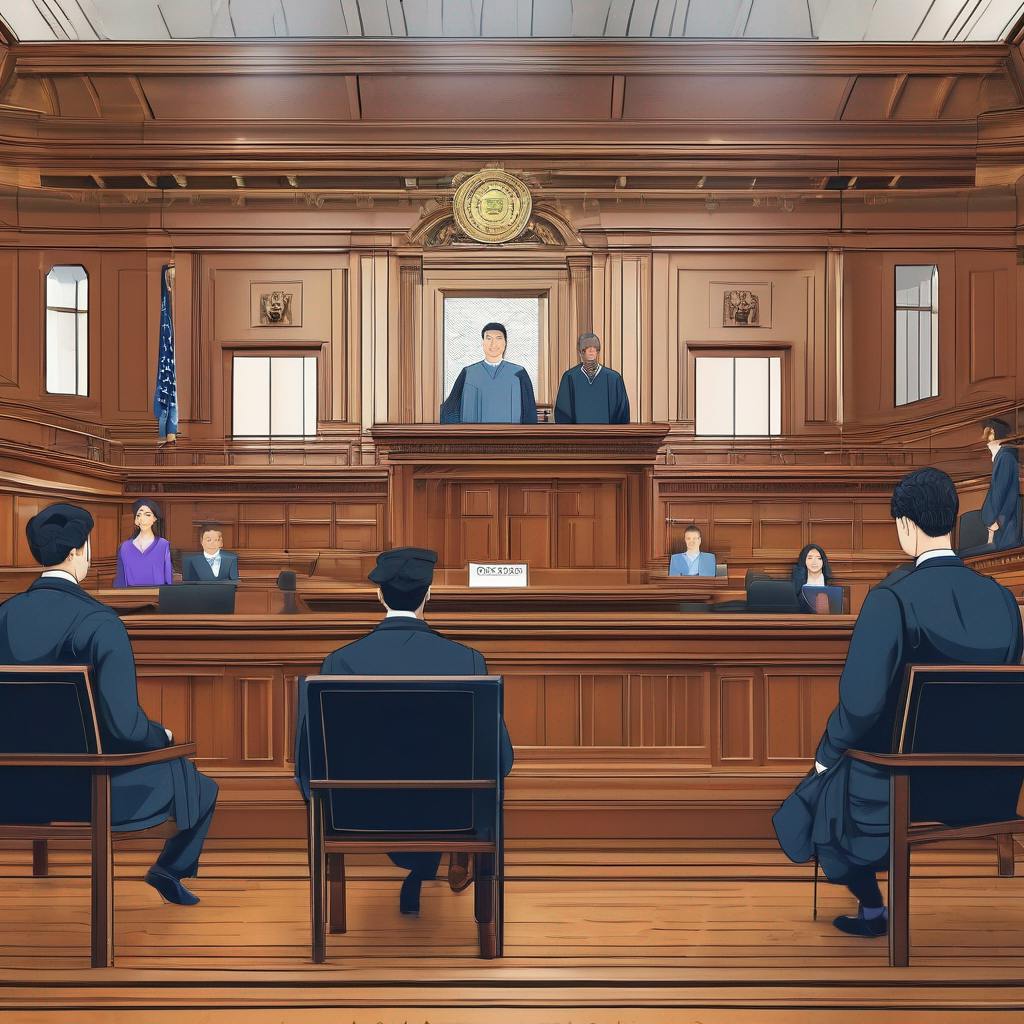141 reads
OpenAI Accused of Exploiting Non-Profit Status
by
August 11th, 2024
Audio Presented by

Legal PDFs of important tech court cases are far too inaccessible for the average reader... until now.
About Author
Legal PDFs of important tech court cases are far too inaccessible for the average reader... until now.
